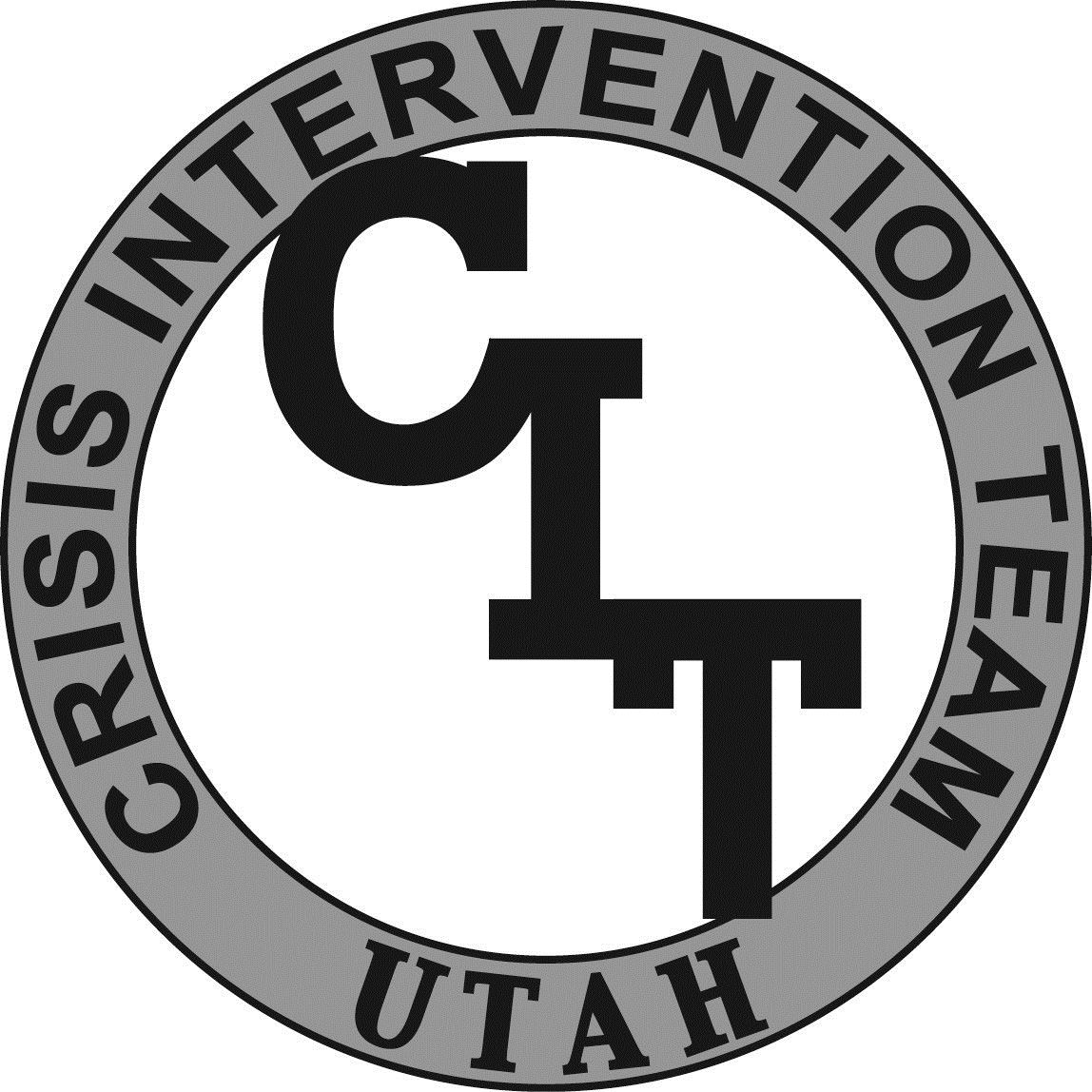|
1988
Memphis,Tennessee is credited with the first CIT program and has since become a best practice model known as the Memphis Model. Jurisdictions throughout the nation and in countries across the globe, have built programs based on the Memphis Model.
2000
State and local agencies in Utah created a committee to evaluate how law enforcement and communities throughout the country dealt with mental health issues. The Memphis CIT Program was identified and selected as the model for the State of Utah.
Salt Lake City Police Department managed the CIT program for the State.
2007
A group of national experts partnered with the University of Memphis to develop the "Crisis Intervention Team Core Elements" document that details the Memphis Model. That document can be viewed by clicking on the core elements link here. EXPANDED CORE ELEMENTS OF CIT (memphis.edu)
2008
CIT International, Inc. was founded with CIT Utah being represented as a founding member on its Board of Directors. Additional information regarding CIT International can be found on their website CIT International - Home.
2008-2015
The CIT program in Utah grew to become an award-winning program that received national recognition as a model program. Salt Lake City was a training site for law enforcement agencies across the country.
2015
In 2015, CIT Utah, a non-profit 501(c)(3) organization was formed. Up until 2015, CIT in Utah was a unified program statewide. After that time it was determined the best way for CIT to maintain its independence and ability to represent the needs of all communities — urban, suburban, rural and frontier — it needed to form its own independent non-profit entity. Some law enforcement departments decided to do their own program, even though their officers could not receive state certification from the Division of Substance Abuse and Mental Health. CIT Utah was formed.
Present
Today CIT Utah is the only organization that provides CIT certification training for the State of Utah. CIT Utah focuses on using best practices to help local communities develop effective crisis response systems statewide. This is done through the development of true partnerships between law enforcement, mental health, and advocacy. CIT’s primary goal is to make this life-saving program available statewide.

